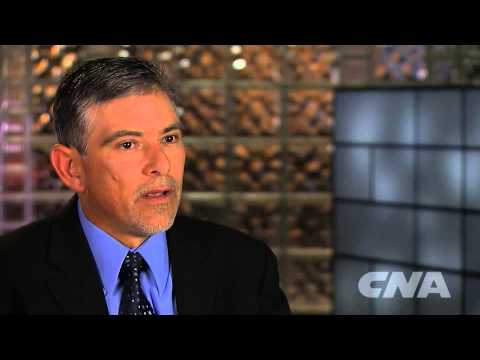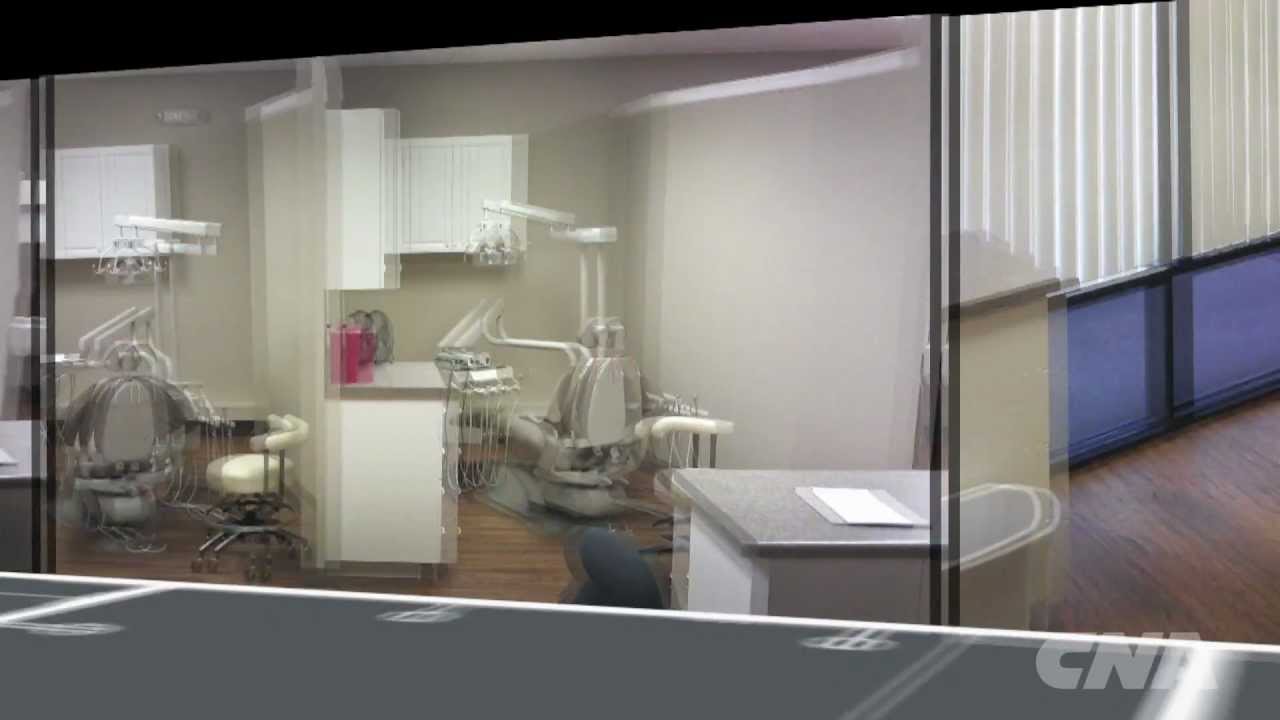Most Dental Professionals are approached by insurance agents and financial advisors to purchase individual disability income insurance early on in their careers, and rightfully so. This product purchase is the cornerstone of a financial plan because it protects the most valuable asset the professional owns the ability to work and earn a living in a specific occupation. Our financial lives revolve around our ability to earn a living, so no other insurance product could be considered more important to a professional and their family. The decision to purchase this coverage is a relatively simple one, but comparing contract language and sales jargon is anything but simple when the term “Own Occupation” is thrown around as loosely as it is today. Many agents go as far as to deceptively describe plans as “Occupationally Specific” to make their clients think they’re purchasing true “Own Occupation” coverage, when in fact they’re not.
Technically speaking, most disability insurers in the market today offer “Own Occupation” coverage, but the contract language from one plan to the other is really very different. I wrote a detailed article in 2002 that details virtually every nuance in the definitions of “Total Disability” in today’ s product offerings where this all important language resides in a policy. The purpose of this article is to compare the significant difference that owning a true “Own occupation” plan vs. a modified “Own Occupation” plan can make during a real claim.
[separator headline=”h2″ title=”The Definitions”]
True “Own Occupation” definitions of “Total Disability” say that the insured will be considered totally disabled if, due to sickness or injury, they cannot perform the material and substantial duties of their regular occupation. This means that the General Dentist or Dental Specialist will be deemed totally disabled if they cannot work in their regular occupation, regardless of whether or not they choose to move on after the disability and work in another gainful occupation. This simply means that they can work elsewhere if they become totally disabled in their regular occupation and keep the new income in addition to their full disability income benefits.
Modified “Own Occupation” definitions say that the insured will be considered totally disabled, if due to sickness or injury, they cannot perform the material and substantial duties of their regular occupation and are not engaged in another gainful occupation. Under the terms of this type of contract, the General Dentist or Specialist who chooses to work elsewhere after suffering the disability could stand to lose all of their disability insurance benefits depending on the income they develop in the new occupation. In my opinion, this is a dangerous proposition because of a simple fact: Dentists and Dental Specialists are much more prone to suffering a “Total Disability” in their “Own Occupation” because of the physical
nature of their jobs.
Like most ambitious people, these professionals would likely pursue some sort of alternative career if they lost the ability to practice. They could teach at a University program, open a consulting practice for Dentists and Specialists, open a practice acquisition firm, or even learn to tell their own story and market disability insurance to their colleagues. Many disabled dental professionals have pursued these verycareers – and many have been very successful.
[separator headline=”h2″ title=”The Mechanics”]
Because the Modified definitions in disability contracts that are widely offered today for Dentists and Dental Specialists (ADA plan, Mass Mutual, Met Life, Pan American, Provident/Unum, Principal, Ohio National, and others) will reduce benefits and pay based on “earnings loss” rather than total disability when a disabled professional moves on to a new career, they can cause significant financial hardship at claim time. These contracts will commonly measure “pre disability” income and compare it to “post disability” income and pay a percentage of the maximum monthly indemnity in the contract based on the percentage loss of earned income. As the new income grows, the disability benefit shrinks, and can
eventually disappear completely.
[separator headline=”h2″ title=”Let’s look at an example:”]
Assume we have a General Dentist earning $150,000 of net taxable income “pre disability” annually. Let’s also assume he carries a disability policy with a maximum monthly indemnity of $6700 per month tax free. This is the maximum amount he/she would be allowed to carry from virtually any company today assuming that level of income
After he suffers a back injury and is forced to retire from Dentistry, he pursues a career in consulting and earns an annual taxable income of $80,000 (approximately $5300 net after taxes). In this example, the Dentist is now suffering an earnings loss of $70,000 or 47%. To calculate the benefit payable, take the maximum monthly benefit in the policy and multiply it by 470/0. This would calculate to $3150 per month. So the disabled Dentist is now taking home about $8,450 per month in total income even though they’re working full time ($5300 in earned after tax income plus the $3150 in disability benefits). Before they became disabled, they were taking home about $10,000 per month after taxes.
In this example, the true “Own Occupation” plan would not offset against the new income and would pay the full $6700 monthly benefit. The disabled Dentist would now be taking home about $12,000 in income to support his or her family. That’s an extra $3550 per month – tax free!
What’s worse is that as the disabled dentist becomes more successful and grows their new business, the income from the disability policy will completely disappear. Once the earnings from the new occupation reach 80% of the pre-disability level, benefits stop all together. So, a totally disabled Dentist or Specialist could be forced to endure a full 20% drop in income and receive no benefits from the company at all.
[separator headline=”h2″ title=”Making you Whole”]
In my opinion, the point in owning a true “Own Occupation” plan is not to be “greedy” as some agents suggest, but rather to compensate the disabled Dentist or Specialist for losing their ability to work in a very specialized occupation. Think about it for a minute: How much money and time did you invest in preparing for your career as a Dentist or Specialist? How much future income growth would you give up if you became totally disabled as a Dental professional? Shouldn’t you be entitled to a full disability insurance benefit if you’re sick or injured to the point where you have to quit the profession you love and sell your business, regardless of what other occupation you decide to pursue?
In my opinion, many insurance agents forget the most important part of the equation when pushing the “modified” plans: Policies only replace 50% to 60% of gross taxable income to begin with. The likelihood of success in a new career for any ambitious person is high, but definitely not guaranteed. Dentists and Specialists make very nice incomes, and in order to “make yourself whole” for your family’s sake, you need to be able to find a way to replace 100% of your pre-disability earnings. Modified “Own Occupation” contracts make that difficult to accomplish. You and your family deserve better, and you can still find the “real deal” in disability insurance as a Dental professional.
By David M. Richards – Financial Advisor
David Richards is a financial advisor and has specialized in disability insurance for Dental professionals since 1993.



